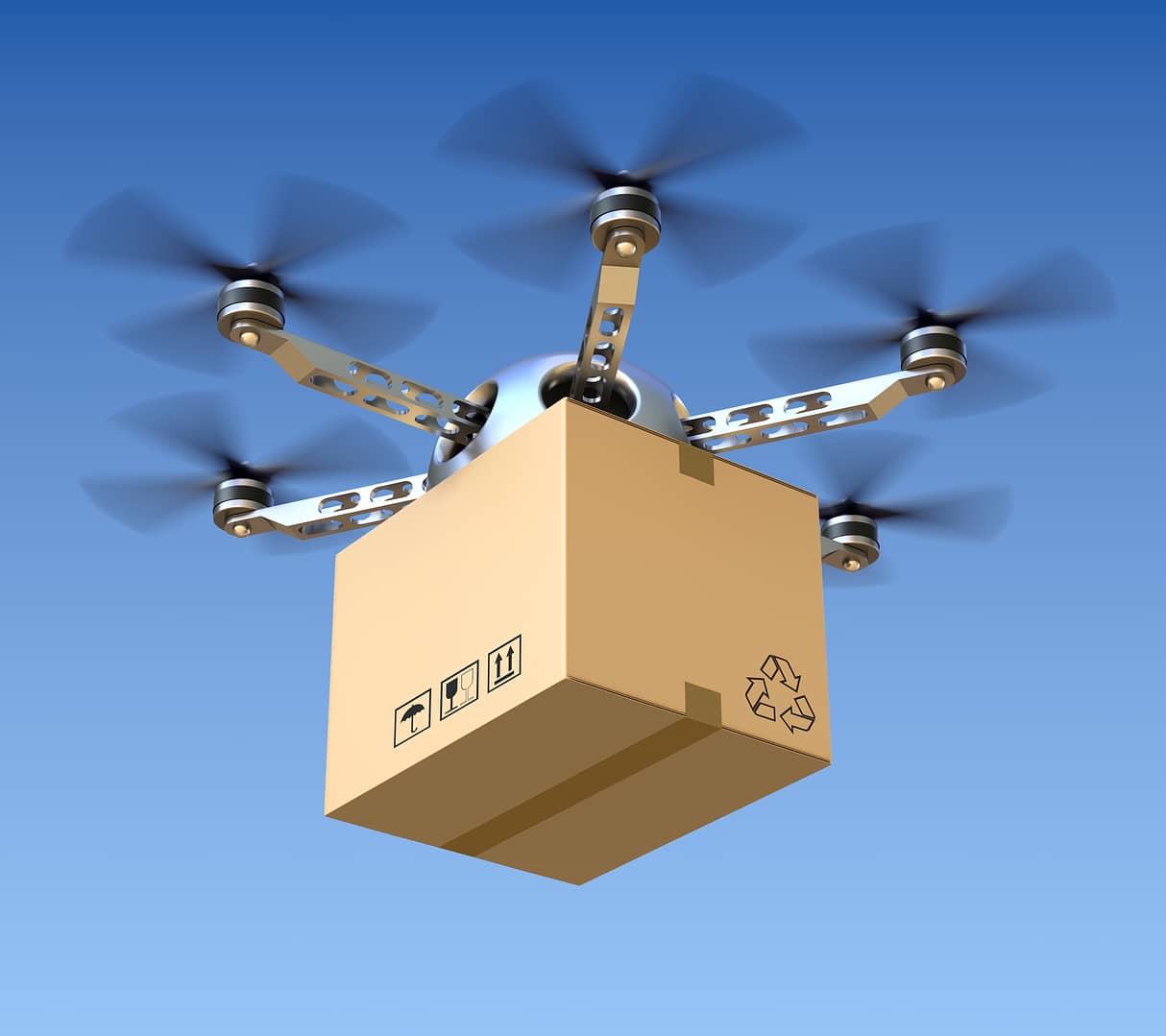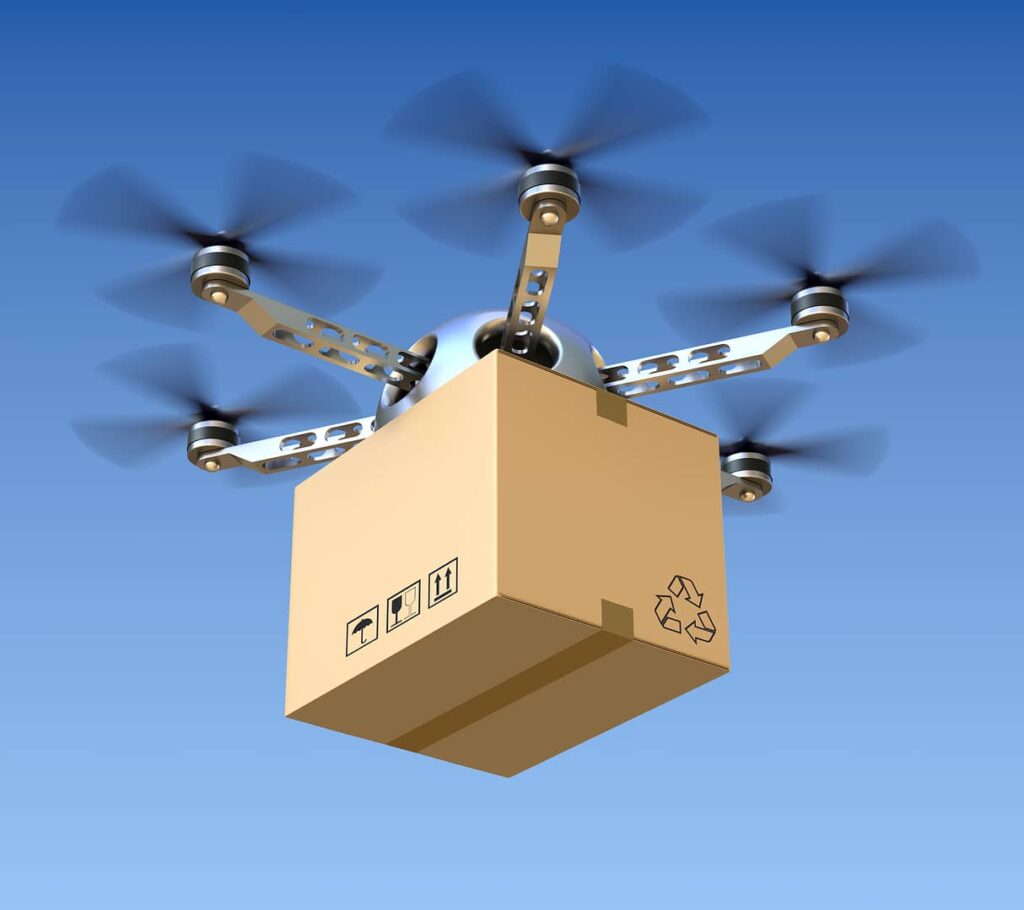Previous post
The future of composite drone frame



The development of drone logistics is accelerating globally, and the latest developments in recent days have once again attracted attention from the outside world.
Zipline, which claims to be the world’s largest on-demand delivery service for drones in the United States, recently completed a new round of financing of US$250 million, with a valuation of US$2.75 billion. This round of financing will help the company further expand its business globally.
UAVs are being regarded as a key component in the development of a new generation of logistics technology, as well as an important segment in the new industry of “air transportation”. It is currently in a period of rapid growth and is considered to have huge commercial prospects. Morgan Stanley’s research report shows that by 2050, the global urban air transportation market will be worth 9 trillion US dollars, and air smart logistics will be the most promising market segment that will be the first to achieve commercialization.
In recent years, the global logistics industry has seen rapid growth in demand, especially in express delivery and food delivery. Such a huge market demand, if all manpower is used to complete it, the cost will be very high, and the efficiency will be limited. The use of automated management, cost reduction and efficiency increase has become the inevitable direction of the development of the industry.
In some areas with inconvenient transportation, the advantages of drone logistics are very obvious. For example, in application scenarios such as island logistics, oil samples and material transportation between offshore drilling platforms, the use of drones is safer and lower in cost, and it can operate 24 hours a day to improve work efficiency. UAV logistics also has great development potential in application scenarios such as the transportation of medical supplies and emergency medical supplies, and emergency rescue.
Retail giants such as Wal-Mart and Amazon, as well as logistics giants such as UPS and DHL, are already considering improving business efficiency through drone logistics, and are actively conducting research and development or cooperative operations in drone logistics.
DHL recently stated that it is cooperating with Bulgarian aircraft developer Dronamics to develop cross-border and inter-city drone delivery services. It has begun to use drones to transport documents and medicines in Germany, China and Tanzania, but the transportation distance is still limited.
